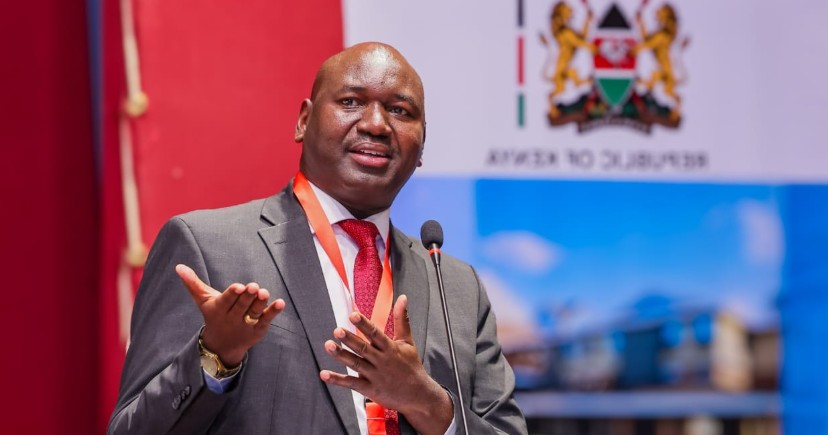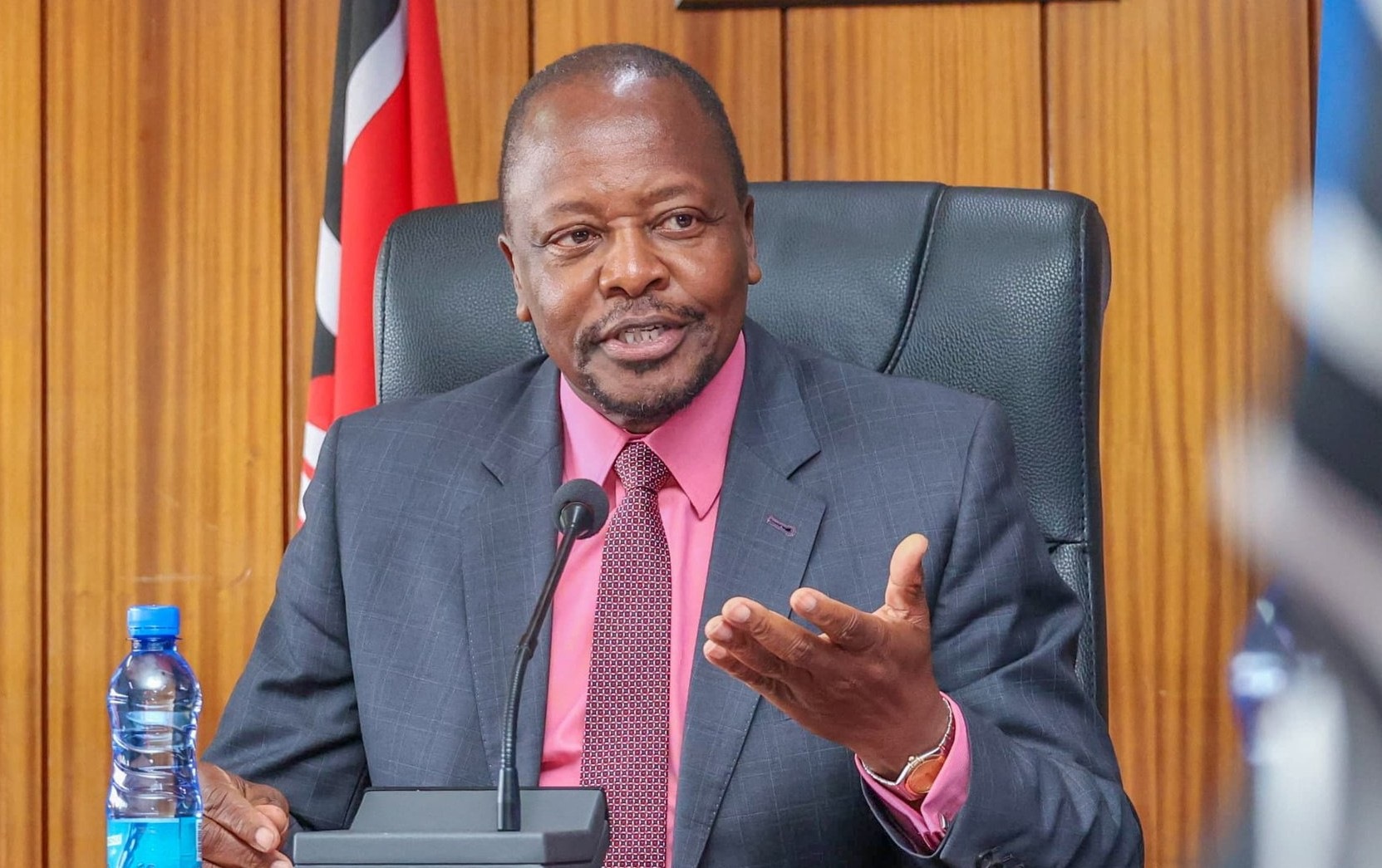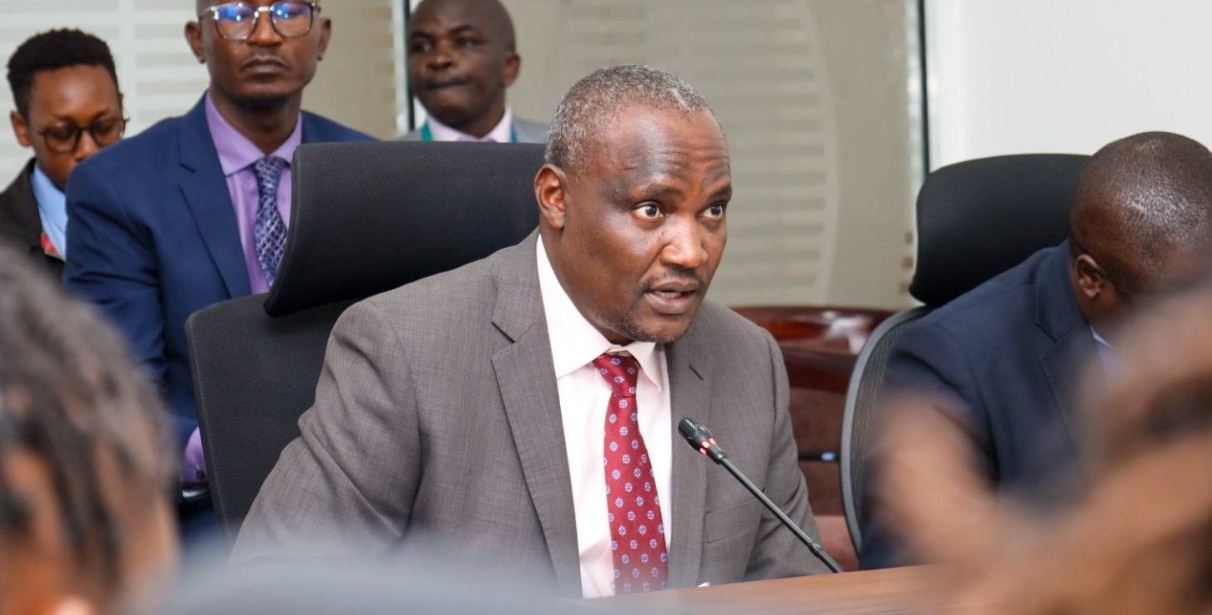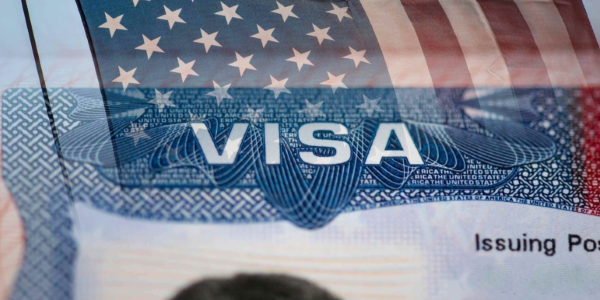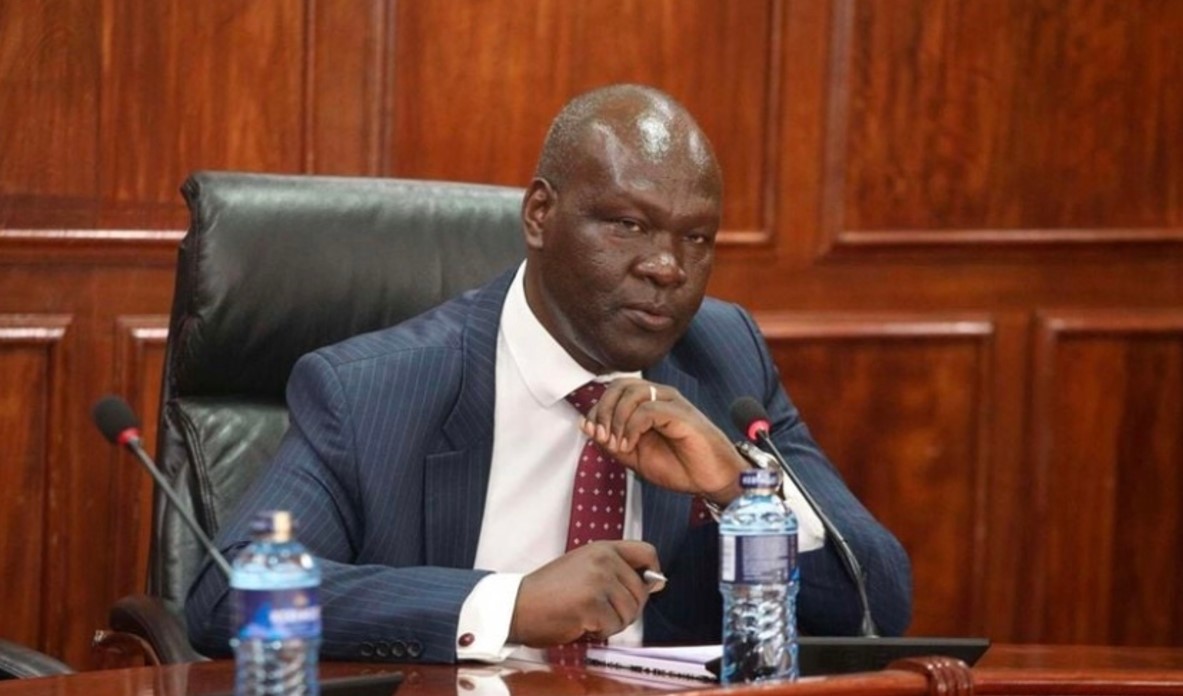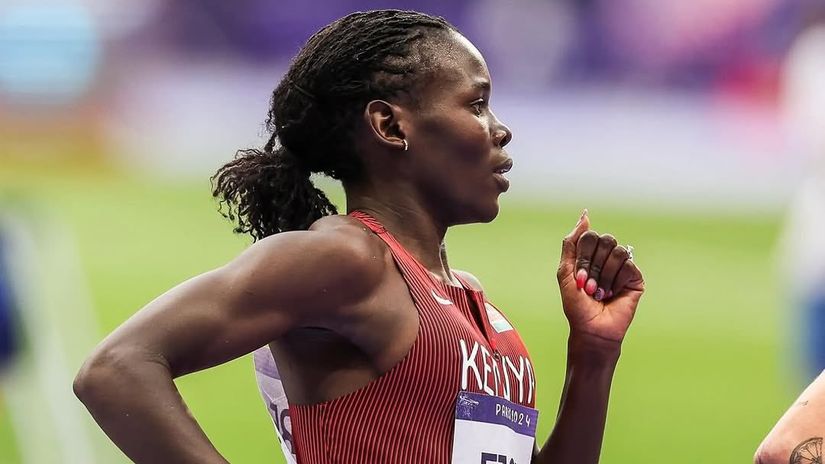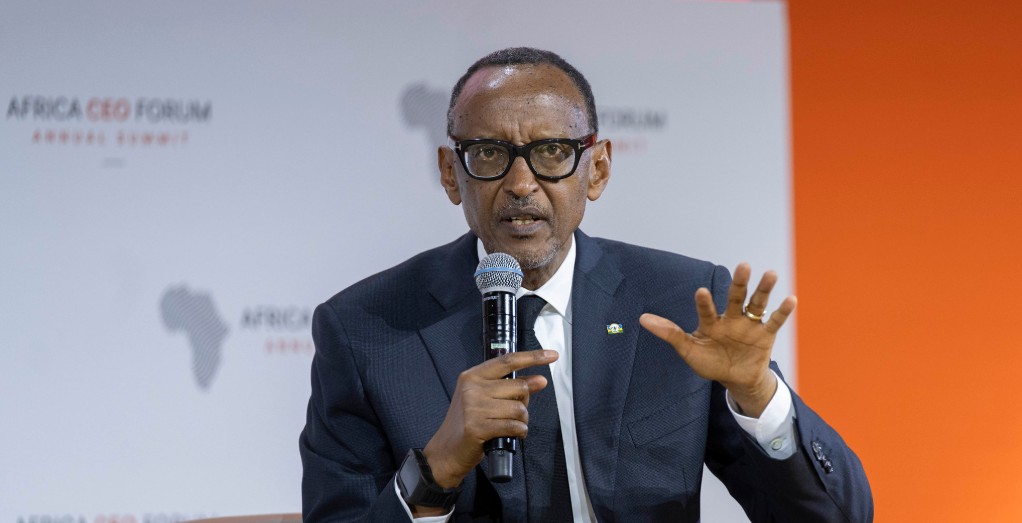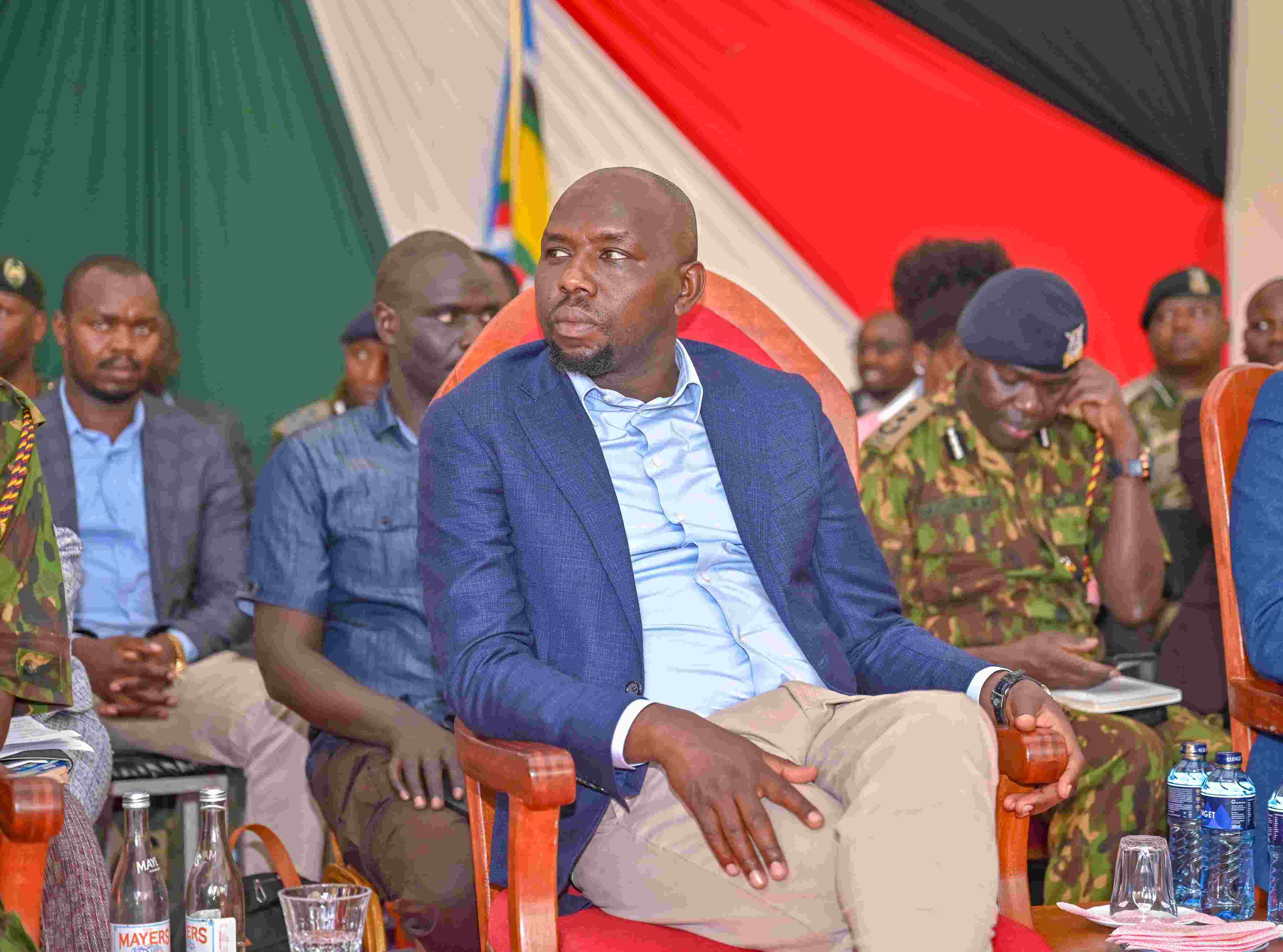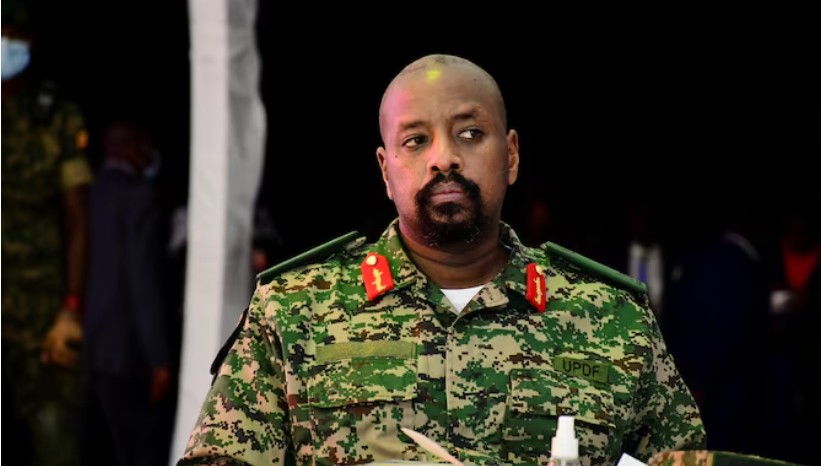Coast civil society groups demand inclusive dialogue to calm unrest
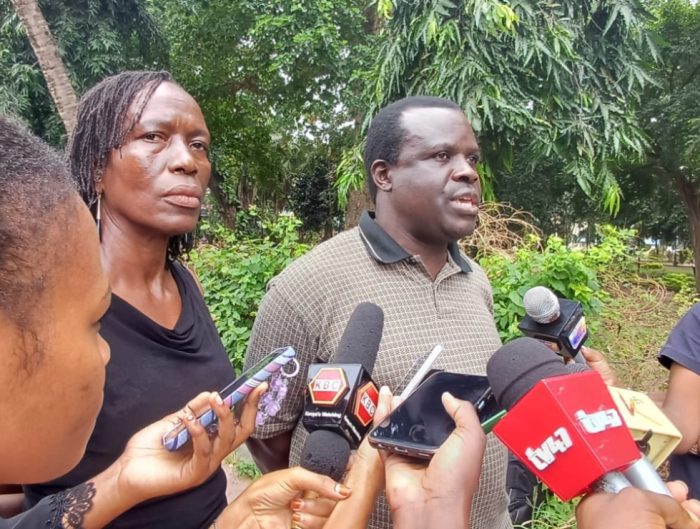
The human rights advocates cautioned that any attempts to restore national unity without genuine engagement from all sectors of society would be futile.
A coalition of civil society organisations from the Coast has urged the government to initiate a transparent, participatory, and all-encompassing national dialogue aimed at easing growing political tensions and social discontent across the country.
The human rights advocates, led by Kenya Civil Society Centre Director General Suba Churchill, cautioned that any attempts to restore national unity without genuine engagement from all sectors of society would be futile.
More To Read
- Wajir Governor Ahmed Abdulahi slams Edwin Sifuna over Raila-Ruto memorandum criticism
- Raila says national dialogue is the only way to solve Kenya’s political and economic crisis
- Youths reject Raila Odinga’s appeal for dialogue, demand urgent reforms
- Political parties lobby back Raila's call for national dialogue to calm protests
- Kenya faces crisis as unrest escalates and unimplemented reforms haunt calls for dialogue
- Tuesday court verdict on President Ruto’s IEBC nominees could reshape Kenya’s electoral path
“There can be no meaningful progress unless everyone is given a seat at the table. We must go beyond tokenism. This dialogue must be genuine, inclusive, and focused on real issues affecting Kenyans, especially the youth, whose frustrations cannot be ignored,” Churchill remarked.
Churchill also highlighted that members of Generation Z, who have recently been at the forefront of protests, have already expressed scepticism over the government's willingness to accommodate dissenting voices.
Betty Sharon, Executive Director of the Collaboration of Women in Development (COWID), echoed the sentiments, adding that dialogue must represent the lived experiences of everyday Kenyans.
“From youth to women, from rural communities to the urban poor, every voice must be heard. Otherwise, the entire process risks being seen as a public relations stunt,” she warned.
Janet Molo, a gender rights activist, stressed the importance of outcomes rather than rhetoric. She challenged policymakers to ensure that the dialogue produces tangible solutions, particularly for marginalised groups.
“We can no longer afford endless talk. Discussions must lead to action that changes lives, especially for survivors of gender-based violence and others living at the fringes of society,” she said.
Despite the growing support for a national conversation, some youth-led movements remain hesitant, doubting whether the government will honour its commitment to inclusivity and reform.
Top Stories Today

